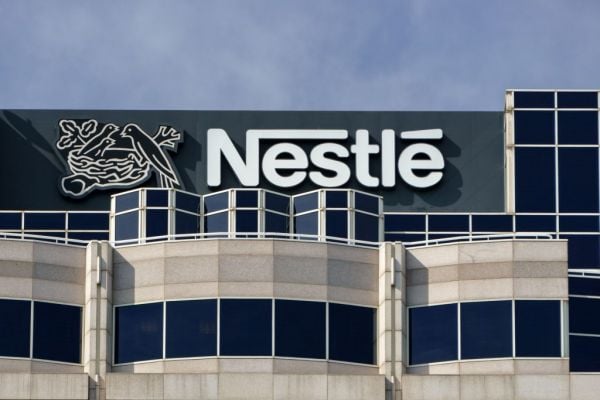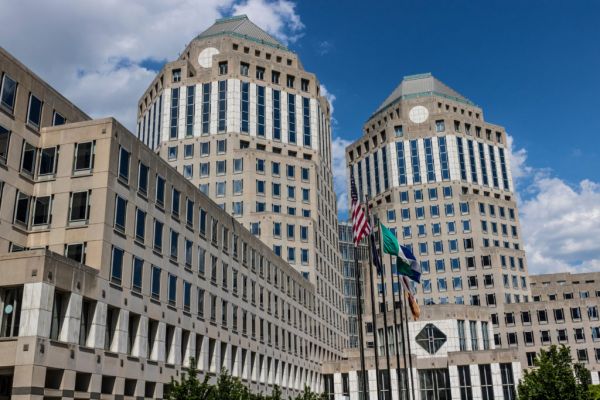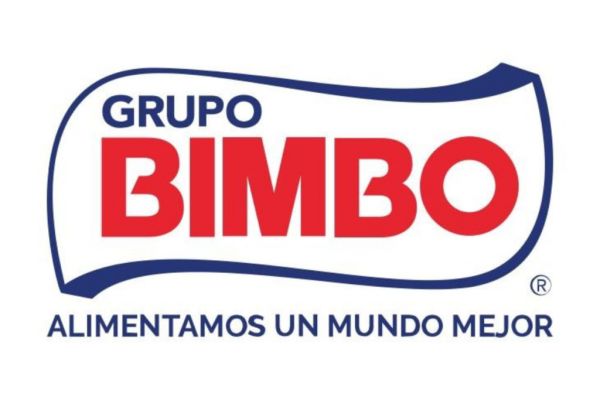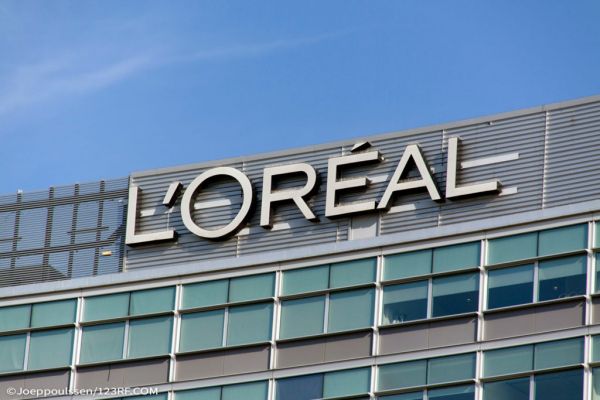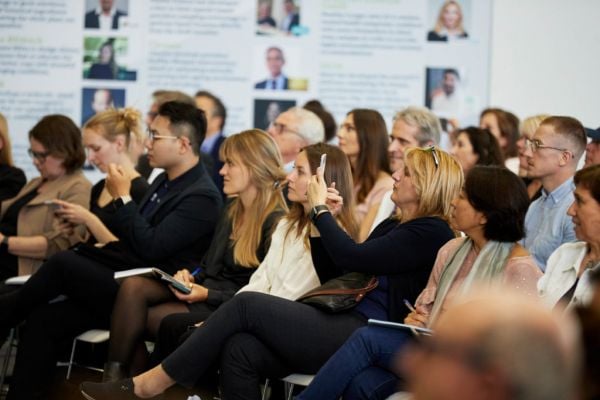Blue Bottle Coffee’s founder describes himself as “a slightly disaffected freelance musician and coffee lunatic, weary of the commercial coffee enterprise.” And yet he’s just sold a majority stake to the ultimate commercial coffee enterprise -- Nestle SA, owner of Nespresso and Nescafe.
Such pairings are becoming increasingly common as consumer-product giants like Nestle, Unilever, L’Oreal SA and Diageo Plc seek growth beyond the stagnating megabrands that underpinned their strategies for decades. Now tiny labels with organic, hipster or ethical credentials are all the rage, and the global behemoths are paying ever more for them.
A recent flurry of deals for niche makers of everything from vegetarian burritos to vegan mayonnaise to celebrity-backed tequila underline the trend. As acquisitions accelerate, buyers have to look harder for targets and pay more for them. Then they have to try to maintain the indie cred that attracted consumers to the new brands in the first place.
Scale Opportunities
“The challenge is whether the multinational consumer companies can grow the scale of their new acquisitions through integration, thus realizing their value, while maintaining the core values of the brand they are acquiring,” said Matthew Appleton, partner at Allen & Overy in London.
Doubters can point to The Body Shop, the self-styled maker of ethical cosmetics that L’Oreal acquired in 2006 and sold this year to Natura Cosmeticos SA of Brazil after it languished under the French company’s ownership. Some craft-beer brands have also not lived up to their frothy expectations. Unilever did better with its purchase of Ben & Jerry’s, which built its image around social consciousness. The company with its roots in rural Vermont is now one of the largest global ice cream brands.
Mixed Record
Consumer-goods giants moving into retail have had a mixed track record, Sanford C. Bernstein analyst Andrew Wood said in a note, with The Body Shop serving as the “poster-child of disappointment.” L’Oreal has done better with more recent purchases of brands like Nyx, IT Cosmetics or Kiehl’s, which was a niche cosmetics company with roots in New York’s East Village and has turned into a global brand.
Nestle has also had its setbacks. The company formed an alliance with Pierre Marcolini, a Belgian maker of luxury chocolates made from limited-edition cocoa beans from Venezuela and Cuba in 2007. The Swiss company pledged to help Marcolini expand a store network around the world, and the Belgian business helped advise Nespresso on its chocolates. The alliance foundered a few years later.
The challenge for the new owners of niche brands is to strike the right balance between milking the acquisitions for growth and keeping them separate to avoid alienating customers who balk at corporate control. Nestle, which is paying $425 million for a 68 percent stake in California-based Blue Bottle, according to a person familiar with the situation, said in a statement that the coffee brand will remain a stand-alone entity. Founder James Freeman and other managers and employees will retain a minority stake and “continue to run the business with the same entrepreneurial spirit.”
Scaling Up
“The price paid looks high,” Andreas von Arx, an analyst at Baader Helvea, said of the Blue Bottle deal. “The judgment will depend on how successfully the concept can be scaled up in the medium term.”
Another problem is that it can take a lot of small deals to make a financial difference. Blue Bottle represents little more than 0.1 percent of Nestle’s annual sales, according to Bernstein’s Wood.
After Diageo Plc spent as much as much as $1 billion on Casamigos, a tequila whose backers include the actor George Clooney, analysts questioned the valuation of a brand created only four years ago. The London-based distiller’s North America president, Deirdre Mahlan, said at the time that brands like Casamigos are “notoriously challenging to value under traditional methods” because of their rapid growth from a small base.
Nestle Chief Executive Officer Mark Schneider’s approach is an about-face from former Chairman Peter Brabeck-Letmathe’s focus on brands that have more than $1 billion in revenue, like Nescafe and Purina.
Many of the recent acquisitions tap into the trend of online subscriptions for consumer goods. This gives companies a database of willing buyers and a channel through which they can push more of their products. Subscription businesses include Nestle’s purchases of ready-meals preparer Freshly and Unilever’s acquisition of Dollar’s Shave Club, which delivers razors and grooming gear to customers’ homes.
Nespresso Subscriptions
Nestle has been adapting the subscription strategy to its bigger brands, as it’s recently added such a service in France and the U.K. for Nespresso to try to keep customers loyal amid a rising number of knockoffs. That brand’s latest ad campaign takes its cue from smaller brands, touting the benefits of sustainably sourced coffee.
“Nestle has adjusted its M&A strategy,” wrote Alain Oberhuber, an analyst at MainFirst Bank in Zurich. “Nestle has started to buy these firms to learn from the recent trends.”
While Blue Bottle coffee touted the deal as a “big day for all of us,” the mood by customers responding on Twitter was decidedly less celebratory. Comments ranged from accusing the company founders of being “sellouts” to asking “how do you sleep at night” after handing control to Nestle, with some commentators saying they’re canceling their subscriptions.
News by Bloomberg, edited by ESM. Click subscribe to sign up to ESM: The European Supermarket Magazine.
